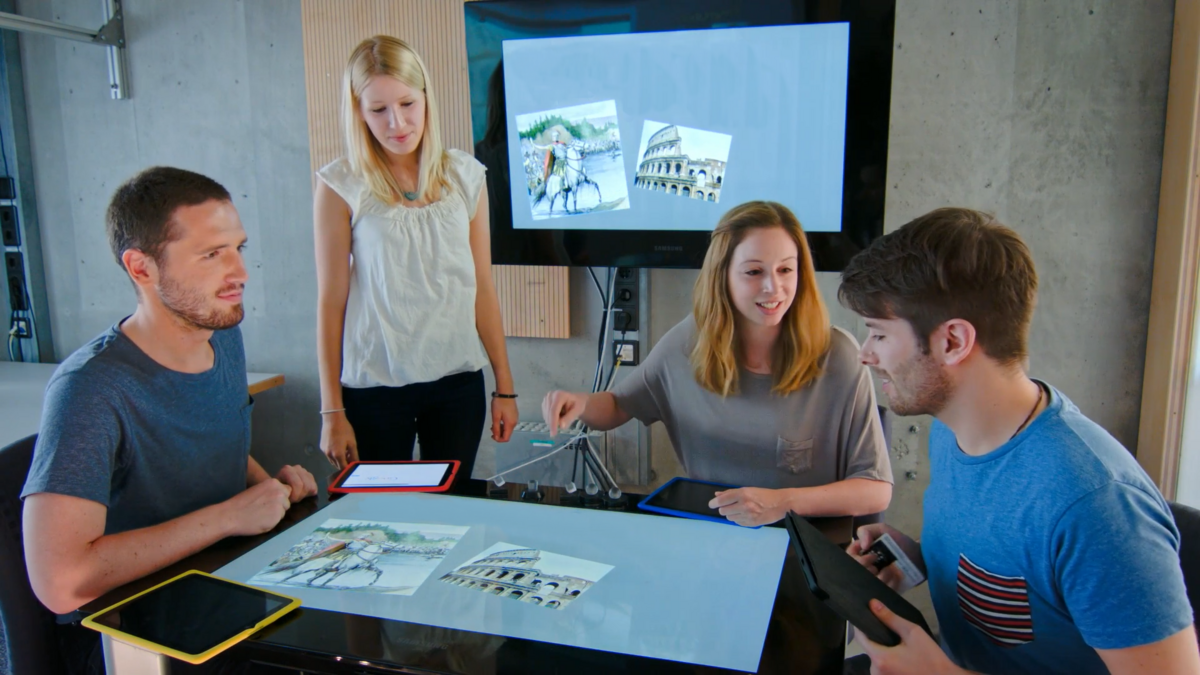
Shape your academic profile and become a specialist
Choose your area of specialisation from the broad field of applied and practical computer science
Specialization as preparation for master's thesis
It is important that you specialize in a specific field during your studies as it is generally expected from you that you have prior knowledge in a field before starting to write your master’s thesis. Ideally, you have completed a range of lectures or directed studies, the master’s seminar and your master’s project in one field before starting your master’s thesis.
To help you with setting up an individual study plan, we have established a range of pre-defined specializations. In these specializations, we have collected a range of modules which fit together thematically and allow you to become a specialist in one of these fields.
We offer the following pre-defined specializations
Exhibition Media Design (Mediale Ausstellungsgestaltung) (mostly taught in German)
Regulations for the specialization
A specialization will also appear on your degree certificate if you apply for a certificate addendum along with your colloquium registration. This can either be one of our pre-defined specializations or a different specialization. In the second case, you should establish a specialization together with your mentor and the examination board has to approve the proposed specialization (see form “Admission to the colloquium on the master's thesis”).
If you want your specialization mentioned on your degree certificate, you need to meet the following requirements:
If you started in summer semester 2020 or later in the two year programme (PO 2020)
As a minimum requirement, you need to complete at least three advanced modules (i.e., purely master's level) in one specific area as well as the seminar, the project and the master’s thesis to have your specialization included in your examination certificate.
Some of the advanced modules assume that you have completed basic courses in the same field before attending the advanced modules. If you have not completed these basic courses in your previous bachelor’s programme, we advise you to complete at least some of these modules first. The credits for these modules are recognizable as basic courses in the exam regulations (maximally 54 ECTS credits). See the examination regulations for details and ask your mentor about fitting combinations and which modules should be completed first.
If you are in the one-year programme or started in winter semester 2019/20 or before (PO 2015):
As a minimum requirement, you need to complete at least two modules in one specific area as well as the seminar, the project and the master’s thesis to have your specialization included in your examination certificate.
Talk to your mentor to decide which courses fit to your interest.
Changing the specialization
You should pick your specialization early - in cooperation with your mentor. However, if you find out after a while that you want to change your specialization, this is also possible. Some of the modules we offer actually count towards different specializations. But even if the modules that you already completed do not fit to your newly chosen specialization, they nevertheless count towards your degree, as you can choose modules from different specializations for your degree.
When changing your specialization, please talk to your mentor (or choose a new one) about the effects a change in the specialization might have on the plans for your master's project and thesis.
